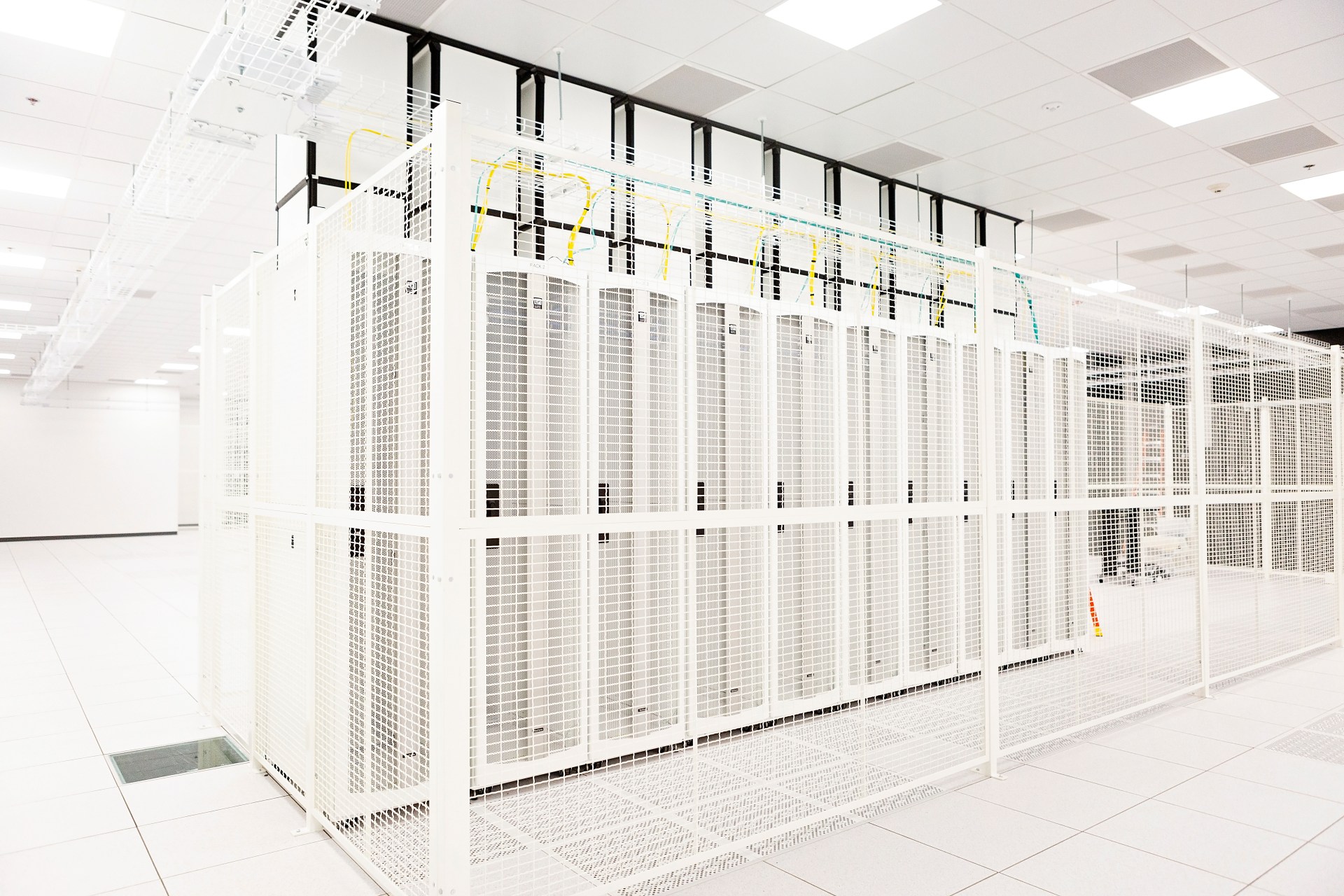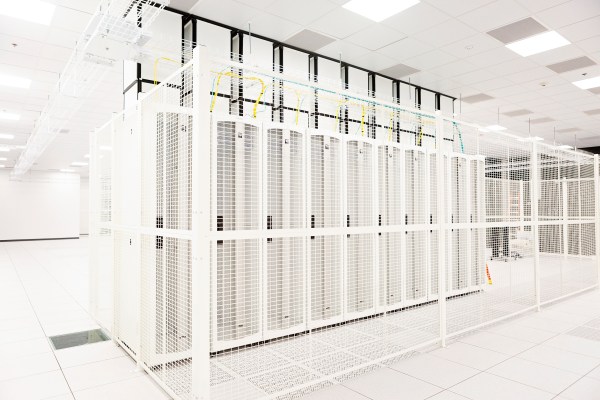

Colocation Vs. Dedicated Hosting: Every company has different IT infrastructure and, as a result, different hosting needs. Hosting is when the company rents out space to protect its IT hardware, which is not possible at an office.
Hosting services protect the server from physical factors as they have a controlled environment and are better prepared in case of emergencies. Colocation and dedicated hosting are the most commonly used hosting services.
Here is a quick overview of both hosting services and the differences between the two.

With colocation, companies receive a dedicated space in a data center to secure and manage their IT infrastructure.
Businesses that co-locate must use their own equipment, hardware, and software licenses, as well as manage and maintain them. The equipment must be transported to and installed at the data center service provider’s facility.
The provider will not intervene in any system issue unless immediate attention is required or the party/client has reached a mutual agreement with the provider (e.g. a remote or smart hands agreement).
So, to sum it up, the client only uses electricity, cooling, physical security, and an internet connection from the hosting center, and the rest is the client’s work.
In the case of dedicated server hosting, the client rents or leases the entire server. So, the server is dedicated to one client and is not shared (co-located) with anyone else. Hence, the client is the owner of the entire server and has complete control over it. Along with the server, the client also gets connectivity, bandwidth, and rack space.
In dedicated server hosting, the hosting provider is the owner of the hardware and performs all the services, like installation, maintenance, and management. However, the client has complete control over any changes made to the server. This includes all changes in administration, software, hardware, OS, and more.
Both colocation and dedicated server hosting have advantages and disadvantages. However, here are a few key points of difference between the two.
The biggest difference between colocation and dedicated hosting is that with the former, the customer is the owner of the hardware, whereas with the latter, the hardware is leased from the hosting data center.
When comparing the two, colocation has a higher initial cost because the client must obtain all the necessary hardware as well as have it installed and maintained. The data center, however, charges a higher fee for dedicated hosting. But it is still considered cost-effective, as you get better value for money. This is because the price per performance is low.
In the case of colocation, the client owns the server. So, they decide on every component of their server and customize it according to their needs and preferences. As a result, the client determines everything, whether the storage, processor, hardware, or software. However, they use hosting services because the server is unsafe in a typical office.
Data center services provide protection from every possible physical damage. They have a controlled environment with regulated temperatures and high security. They also have backups in case of emergencies, so the server is safer. So, all the client does is rent a rack, cabinet, or room and keep their server safe, but the functionality remains in line with their preference.
In the case of dedicated hosting, the server is leased from the data center. The entire server is given to a single client, so it has functionalities like high availability, excellent performance, internet connectivity, fast speed, and a greater degree of uptime.
The user gets the best web performance, and the applications are always available at the enterprise level. These factors can be a big aid in the growth and progress of the company.
In colocation, as all the hardware and software belong to the client, they are responsible for installing and maintaining the server. This means they have to employ labor to install and maintain their server.
In dedicated hosting, as the client is only leasing the server, the host provides all the hardware and software and even maintains it. So, there is less installation charge and no worries about maintaining the server. However, the company still has the option to maintain its own IT.
The above comparison is enough to help one realize the key differences between the two hosting options, however, both colocation and dedicated hosting can be managed or unmanaged.
Businesses that have technical knowledge or are ready to dedicate labor opt for unmanaged servers. On the other hand, businesses opting for managed servers have nothing to worry about. Everything is managed for them, and they can dedicate their time and energy to growing their business. However, managed hosting is charged higher.
Colocation and dedicated hosting both have their advantages and disadvantages. Choosing between the two comes down to the type of business, budget, functionalities needed, web needs, and IT strategies of the company.
Related Resources:
Colocation 101: A Complete Guide [What it is, Types, Features, How it Works, Benefits]
Five Advantages of Colocation for High Performance Computing
How to Know It’s Time to Move Your IT Infrastructure to a Multi-Tenant / Colocation Data Center

Discover the DataBank Difference today:
Hybrid infrastructure solutions with boundless edge reach and a human touch.